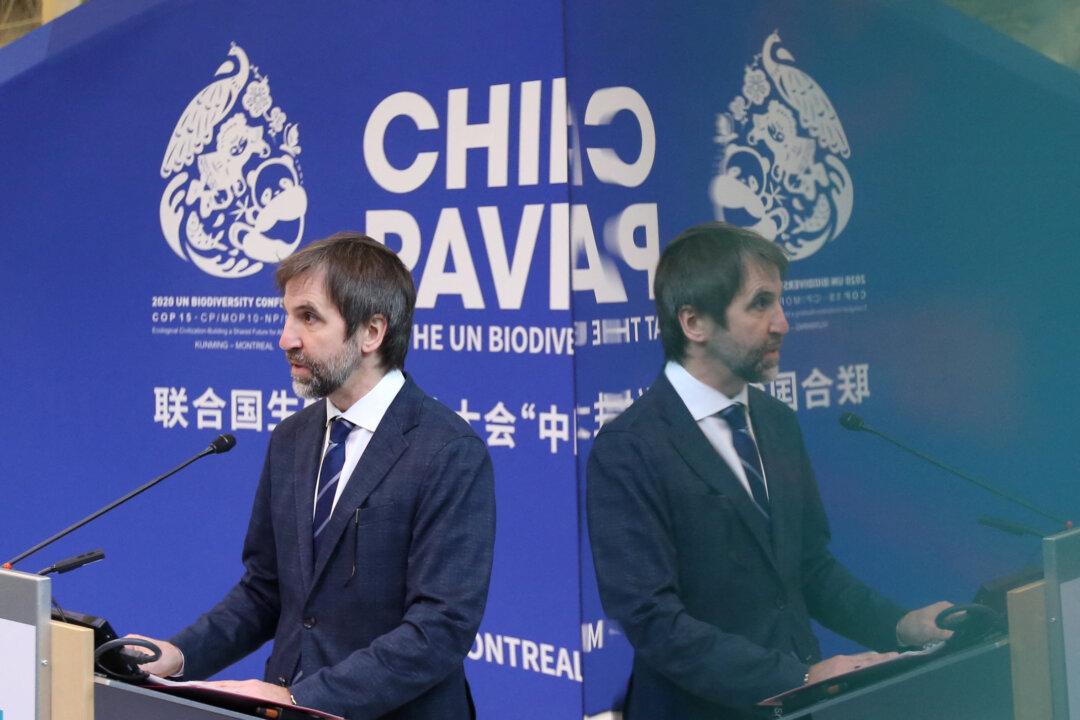News Analysis
For some observers, Canada’s and other Western countries’ steps toward net-zero emissions by 2050 and the impacts on their economies and way of life have one main beneficiary—the Chinese Communist Party (CCP)—which its leader Xi Jinping has said is aiming for dominance in “national strength and international influence” within the same timeline, 2049.





